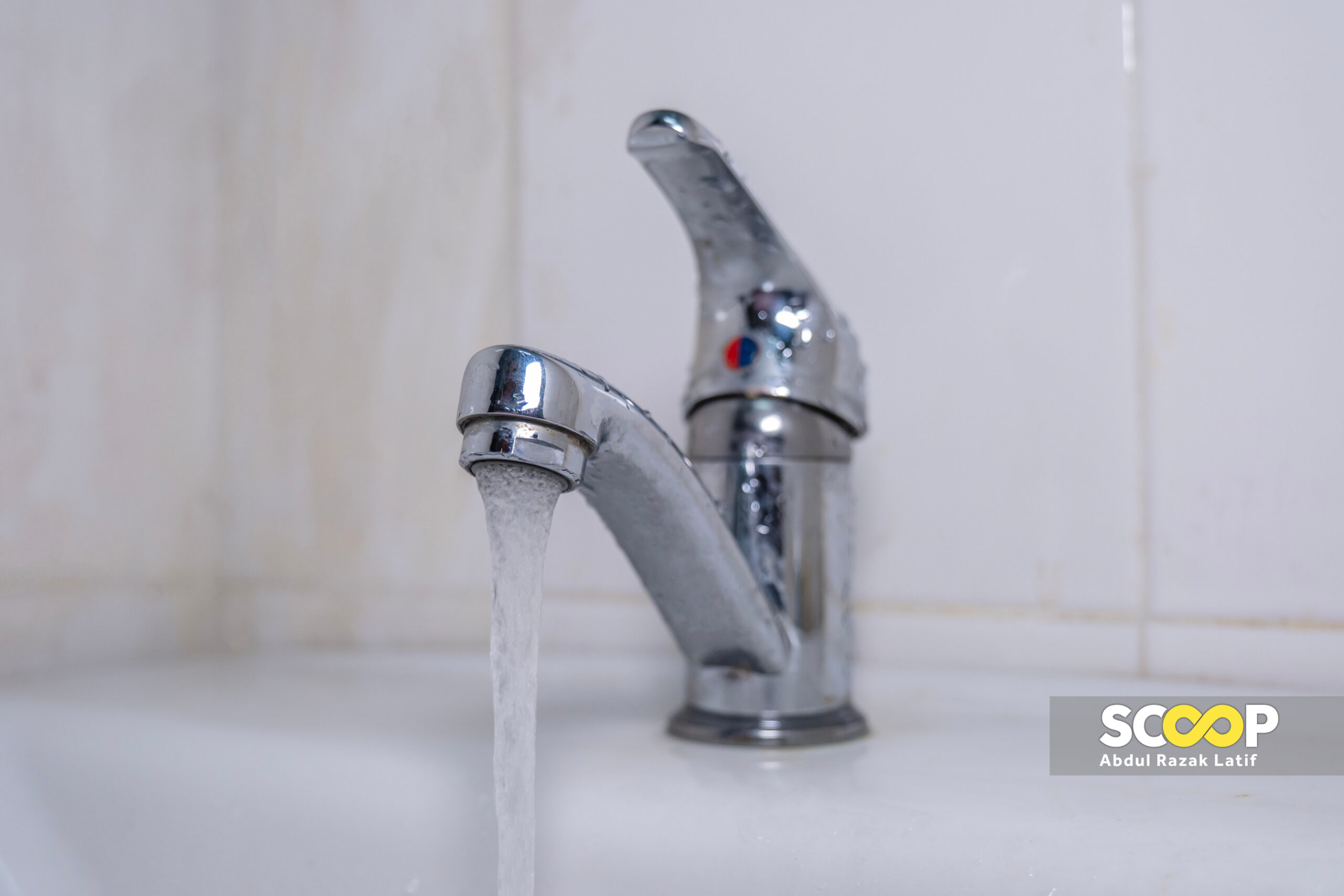SANDAKAN – Is there a correlation between the majority of children in Sabah suffering from tooth decay and the lack of fluoridated water in the state?
According to the latest available data, the state dental health division’s study found that only 3.7% of the population was getting fluoridated water as of 2021.
According to the data provided to Scoop by Dr Istefan Koh – a former doctor at Tawau Hospital – only 11 (13.1%) out of the 84 water treatment plants in Sabah were equipped with fluoride feeders as of 2021.
It is estimated that 144,695 people in Sabah were receiving fluoridated water, and only in parts of Ranau, Kota Belud, Beaufort and Kota Marudu.
This means that tap water in Kota Kinabalu, Sandakan, Tawau, Beluran, Kinabatangan, Papar, Sipitang, Lahad Datu, Tambunan, Keningau, Tuaran, Nabawan and Tenom does not contain fluoride.
In 2017, 11 states in Malaysia had more than 90% of their population receiving fluoridated water, according to the National Oral Health Survey of Schoolchildren (NOHSS).
They include Penang, Melaka and Putrajaya (100%), Selangor (99.8%), Perlis (99.4%), Labuan (99.3%), Johor (98.8%), Kedah (96.9%), Negri Sembilan (95.8%), and Perak (95.5%).

Based on the data, Koh questioned if the government was going to install more fluoride feeders as Sabah recorded the highest cases of caries or tooth decay in Malaysia.
“The number of caries cases in Sabah is staggering. People have been wondering why so many people in Sabah, adults and children, have dental problems,” he told Scoop.
According to the NOHSS, 63.3% of children aged 12 in Sabah had caries in 2017, which was the highest in Malaysia at the time, and twice the national average of 33.3%.
The second-highest state was Kelantan (50.5%), followed by Sarawak (48.7%), and the lowest was Johor (17.4%).
Koh said fluoridation of the water supply was the most effective way to prevent cases of caries and improve dental health in the state, given that 94% of the population was getting treated water.
“If residents do not get fluoridated water, it will impact the level of their oral health, which could potentially affect the quality of life of Sabahans.”
In 1972, the federal government had approved fluoridation of water as a primary caries prevention programme, with the optimum fluoridated level set by the Health Ministry being between 0.5mg/L and 0.7mg/L.
The fluoridation process involves adding sodium fluoride or hydrofluoric acid, to treated water.
In Sabah, water fluoridation was discontinued in 1989 by the then-state government, which feared inadequate supervision in the process of fluoridation could cause adverse effects.
In December 2010, close to 14 years ago, then-federal deputy health minister Datuk Rosnah Abd Rashid Shirlin said water fluoridation would be reintroduced into Sabah’s public water supply in 2011, with an allocation of RM2.5 million.
However, this was criticised by the then-president of the Consumers’ Association of Penang, S.M. Mohamed Idris, who said fluoridation was mass medication and violated the individual’s right to informed consent. – April 13, 2024


